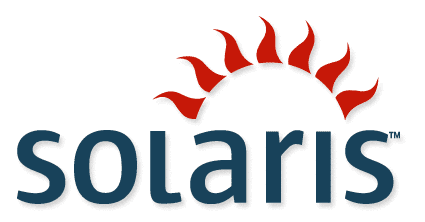Oracle Database Pre-Requisites Package
Abstract:
The Oracle RDBMS Database has long been a tool on UNIX platforms. With the acquisition of Sun Microsystems, Oracle has drawn the Solaris operating system closer to it's orbit. One such change was to make a "pre-requisites" package in Solaris 11, to simplify installation of the RDBMS. There is a caution, if you already have standardized on user & group names for database usage.
Solaris Pre-Requisites
I was not going to write anything about this, but it appears that even other skilled engineers have run into problems with the automation of the Solaris Pre-Requisites package. I had seen a blog post from Alan, who graciously provided a solution when deploying hundreds of systems automatically.
sun9876/root# pkg install oracle-database-preinstall-19c
Alan struggled with ZFS Filesystems being created for new users by the pre-requisites script, before the user filesystems were mounted. This is not the only place where ZFS Filesystems being created for users are a problem, this author experienced several other conditions, one such condition kept a production system from coming up when the id's were scrambled by another such script.
This author filed a BUG to stop creating a ZFS File System for every user created. We have hundreds of users on some of our servers, so this ZFS feature was an inhibition to moving from Solaris 10 to 11. If you enable this feature in 11.4, you might be able to avoid the "avoid" that Alan had to use, if you don't mind the user & group id's being re-created.
Not all data centers deploy hundreds of Oracle DB's simultaneously. This author kept the pre-requisites script, but the default nature "blew away" our old user & group id's, adjusted ownership, and it was a nightmare. Procedures and scripts were built to undo everything that the pre-requisites package did with the id's & home dirctory, including returning the oracle user & dba groups back to their original ID's, correcting user & group ownership in /export/home, and then correcting the passwd, shadow, and group database. What a nightmare!
Conclusions
Honestly, it should be considered a BUG to rip out user & group names if those user & group names already exist, as a package overwrites them. After doing some DBA reading (this author is a systems guy first now a days) and do what the DBA's request of me, I found they missed a step which was to perform an "avoid" in order to avoid wiping out existing user & group id's for replacement, prior the preinstallation!
sun9876/root# pkg avoid oracle-database-os-configurationThere should NEVER be the need to perform an "avoid" from doing likely harm, but rather the package should be smart enough to realize id's exist and use them as defaults... and use an "avoid" clause, or something similar, so the "check" can be avoided and selectively allow the dangerous "blowing away & replacing" behavior.
Another piece of advise is to always perform a "dry-run" of an installation, before adding a package you are not aware of.
sun9876/root# pkg install -n oracle-database-preinstall-19c
The dry run will show details that need to be understood, before applying an actual package later.






